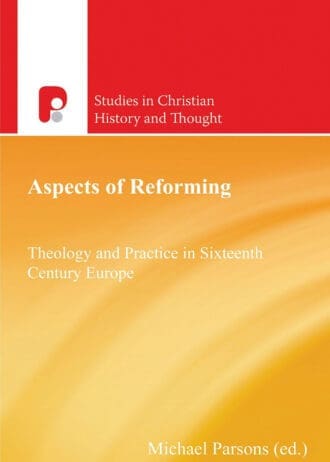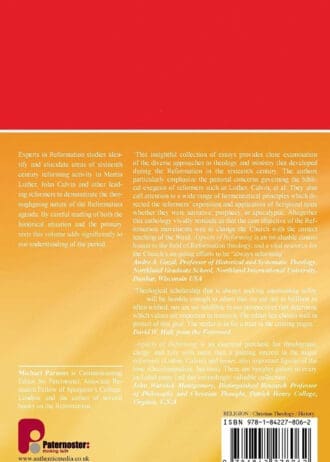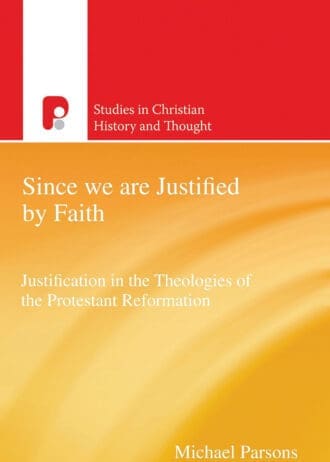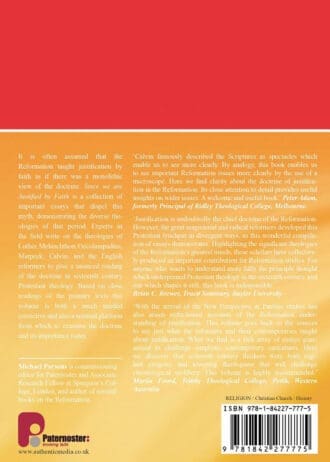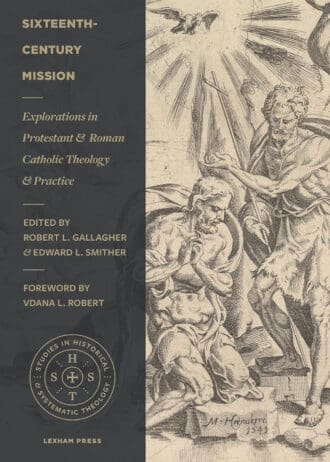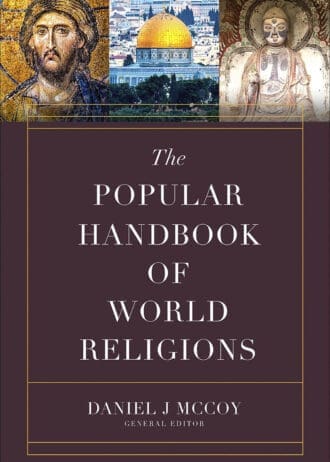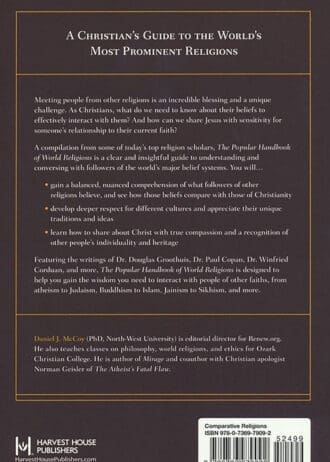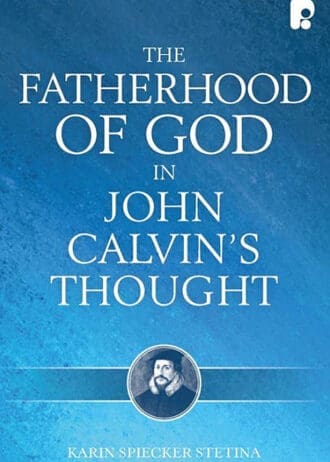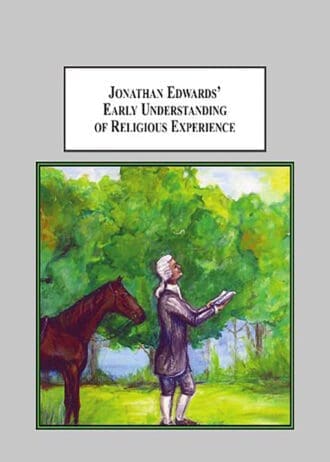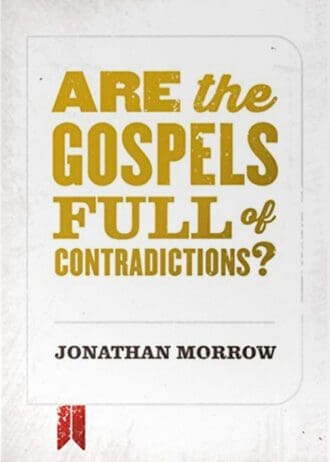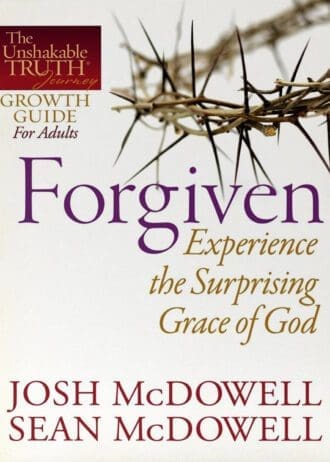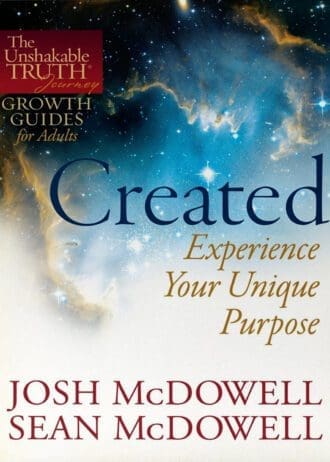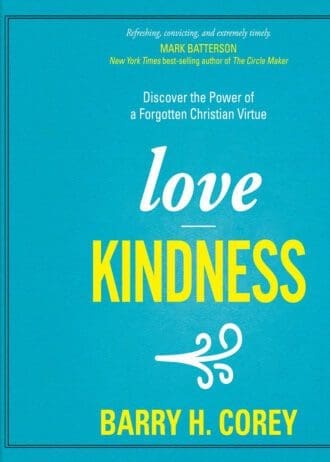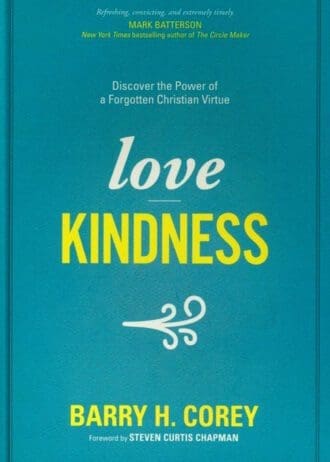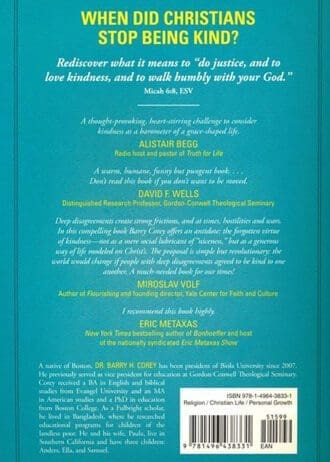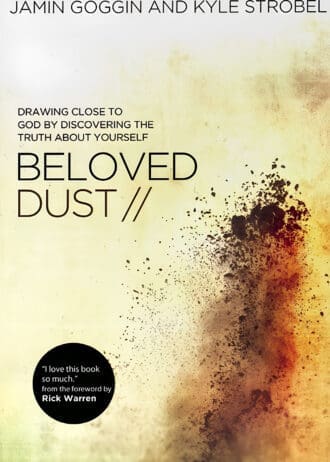Too many Christians avoid reading theology for fear they won’t understand it or out of a misconception that it’s only meant for the academic elite. Similarly, students in introductory theology classes can feel overwhelmed by the concepts and terminology they encounter.
Yet theology can be read with enjoyment and discernment. In How to Read Theology for All Its Worth, professor, author, and devoted reader Karin Stetina introduces students to the basic skills of intelligent reading, applied especially to theological works. Anyone who’d like to read theology well, whether a formal student or interested layperson, will benefit from the simple steps Stetina outlines.
Steps include:
- Identifying genre
- Becoming acquainted with the author and the context out of which he or she wrote
- Determining a thesis and main arguments
How to Read Theology for All Its Worth will equip readers not only to understand theology but also to insightfully engage authors’ ideas. With the basic tools in hand, everyone can read with confidence and enjoy “conversations” with theological works.
Editorial Reviews
How to Read Theology for All Its Worth provides an excellent guide to the ofte–confusing landscape of theology. Karin Stetina writes with energy and clarity, drawing on her extensive knowledge of major theologians and philosophers. Her quick-paced prose, coupled with effective illustrations, will benefit both the pastor and student who desire to know God and themselves better.’
LYNN H. COHICK, provost/dean, Denver Seminary
Karin Stetina’s latest work equips readers of theology with useful and effective approaches for becoming discerning readers without leaving faith convictions at the door. This insightful and accessible book will surely become a staple for theology students who value sound method in the development of their work.
JENNIFER POWELL MCNUTT, Franklin S. Dyrness associate professor in biblical and theological studies, Wheaton College
Professor Stetina is a highly respected colleague of mine. She is known as being well-read in her field of historical theology and church history, and she is an excellent communicator. So it comes as no surprise that this marvelous book is a combination of high-quality and relevant content with an easy-to-read, practical style. I love the fact that Stetina views theology as it should be viewed–as a branch of knowledge. Consequently, she takes it very seriously. And the selection of topics is foundational to further study. In fact, I know of no other book that focuses on the specific range of prolegomena to theology like this one does. I wish I would have had this book available before I went to seminary. Laypeople and students alike will learn how to be discerning readers in theology if they read How to Read Theology for All Its Worth. I highly recommend it.
J. P. MORELAND, distinguished professor of philosophy, Talbot School of Theology, Biola University, and author of Love Your God With All Your Mind
This book may well be the first of its kind–at least I know of no other like it. My friend and former colleague Karin Stetina has produced a remarkably insightful and practical guide for students of theology. Reading theology today can be a daunting task, with no clear road signs to direct us or warnings about whom and what to avoid. This book is precisely what the Christian world has neede–a wise, fair-minded, objective handbook on what questions to ask when reading theology. I have a strong sense that this extremely helpful work will be the standard reference guide for years to come.
SAM STORMS, Bridgeway Church, Oklahoma City, Oklahoma


